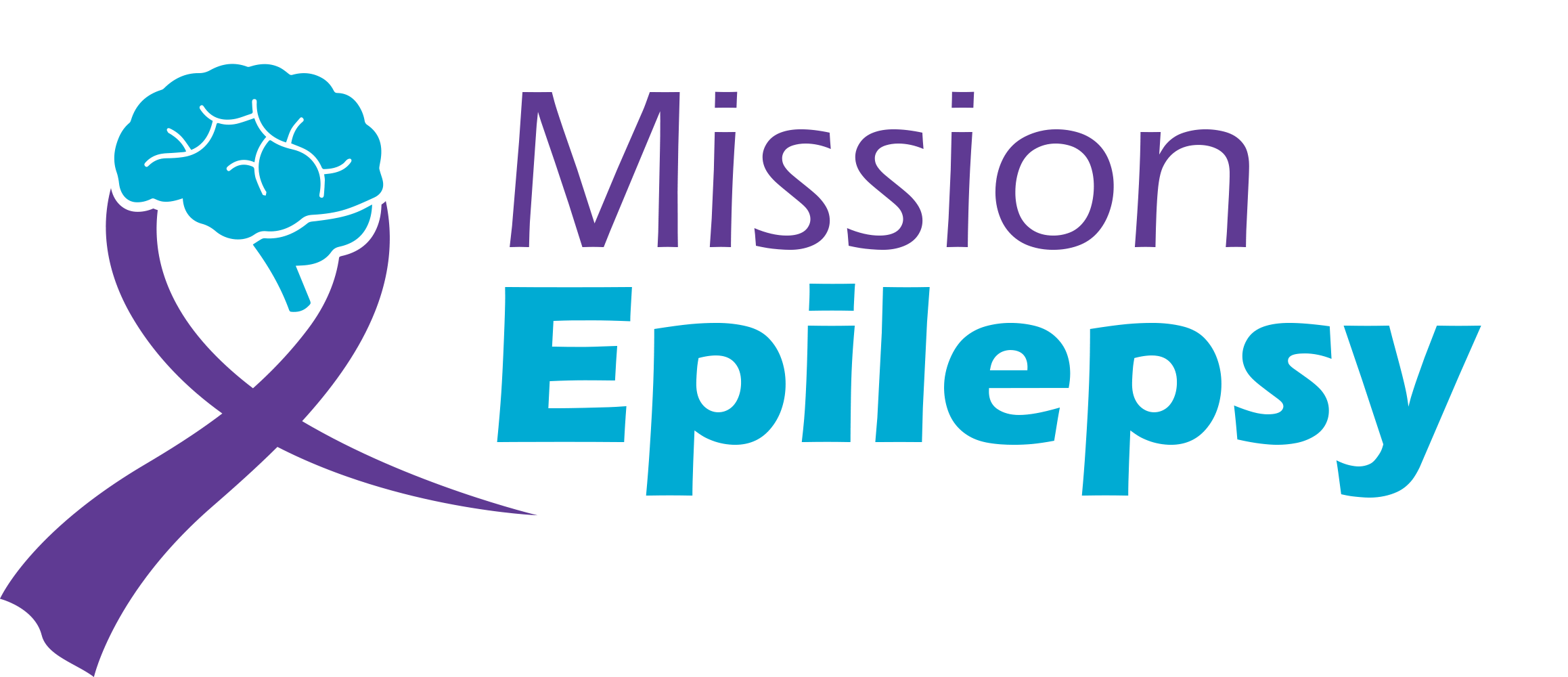Intellectual disabilities, also known as developmental disabilities, are a group of conditions that affect a person’s cognitive abilities, including their ability to learn, reason, and problem-solve. These conditions can range from mild to severe, and they typically appear in early childhood. People with intellectual disabilities may have difficulty with communication, self-care, and other daily living skills, and they may need support in order to live independently.
One group of individuals who may be particularly affected by intellectual disabilities is those with epilepsy. Epilepsy is a neurological disorder that causes seizures, which are sudden bursts of electrical activity in the brain. Seizures can be caused by a variety of factors, including genetics, brain injury, or infection.
People with epilepsy may also have intellectual disabilities, either as a result of their epilepsy or due to other underlying conditions. For example, certain types of epilepsy, such as West syndrome, can cause developmental delays and intellectual disabilities. In other cases, intellectual disabilities may be a co-occurring condition, meaning that an individual has both epilepsy and an intellectual disability, but the two conditions are not directly related.
The impact of intellectual disabilities on people with epilepsy can vary depending on the severity of the disability and the individual’s specific needs. Some individuals with mild intellectual disabilities may be able to live independently with minimal support, while others may need more extensive support in order to live independently.
For people with epilepsy and intellectual disabilities, managing both conditions can be a challenge. In addition to managing their epilepsy with medications and other treatments, individuals may also need support with daily living skills, communication, and other areas. This may involve working with a team of healthcare professionals, including doctors, nurses, and therapists, as well as support from family members and caregivers.
It is important for individuals with epilepsy and intellectual disabilities to have access to the support and resources they need in order to lead fulfilling and independent lives. This may include education, employment, and social and recreational opportunities. With the right support, people with epilepsy and intellectual disabilities can achieve their goals and reach their full potential.

